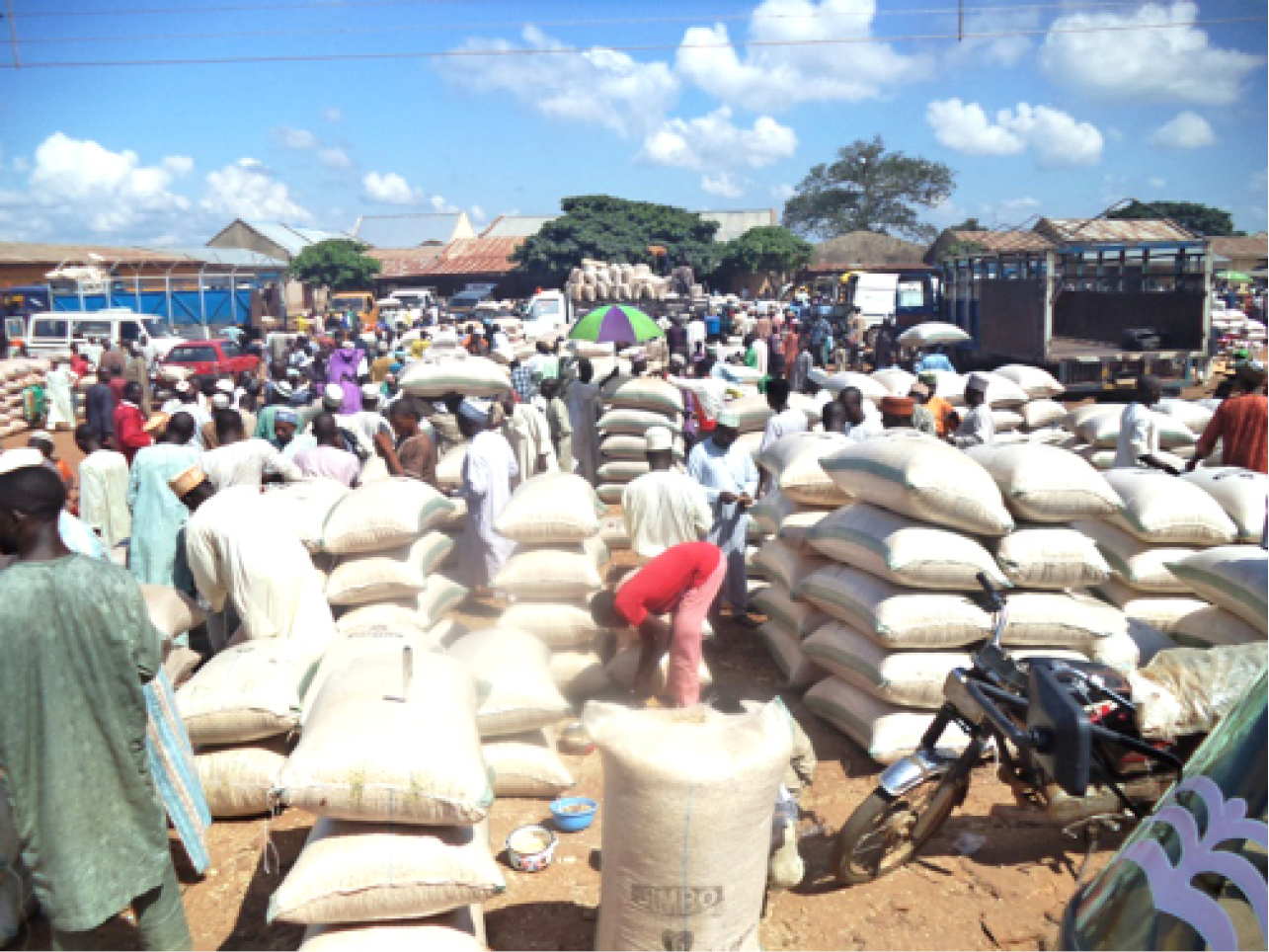Farmers, processors want local rice gains sustained
Since September last year, the local rice industry has witnessed one of the most prosperous moments in history due to the temporarily shut down of the borders. But fear is beginning to grip farmers and processors as conversation around reopening the border is heightened, even though news made the round last week that the federal […]

Since September last year, the local rice industry has witnessed one of the most prosperous moments in history due to the temporarily shut down of the borders.
But fear is beginning to grip farmers and processors as conversation around reopening the border is heightened, even though news made the round last week that the federal government was not certain on the reopening date.
While government is likely to meet to review the conditionality for which the borders were closed after which they will take a decision on whether to reopen or not, many who spoke with the Daily Trust advised government to rethink any position to reopen the border as that will be a disaster that will erode the gains so far made in addition to discouraging future production and investments.
Mr. Retson Tedheke, National Coordinator/National Secretary of Nigeria Farmers’ Group & Cooperative Society, makers of Ga’ate Rice in Nasarawa State, said any nation that desires economic growth, must first and foremost protect her interest because at the end of the day, the growth of the nation is all about how well the local industries are protected and supported.
“Nigeria as a nation with about 84 million arable hectares of farmlands, we cannot say that importation is the way to go because every time we import rice, we export jobs,” he said.
Alhaji Abdullahi Idris Zuru, Managing Director, Labana Rice Mills Ltd in Kebbi State, makers of Lake Rice and Labana Rice, lamented that despite the closure, smuggling activities still exist and warned that this could take the country back to the pre-closure era and “we are going back to square one.”
“With the borders closure many rice mills or processors that hitherto suspended production due to lack of sales resumed; those operating below capacity increased their capacity; and those that sent their staff on leave pending the improvement of sales recalled the staff,’’ he said.
Similarly, the president of the All Farmers Association of Nigeria (AFAN), Architect Kabiru Ibrahim, in an earlier interview, said the country needs the promotion of locally-produced items.
Putting up a strong argument for current policy to be maintained, Alhaji Aminu Goronyo, the national president of the Rice Farmers Association of Nigeria (RIFAN) explains why the trajectory recorded in the last few years should be maintained if the country must move forward.
“The border closure is not only about ordinary farmers, but is about Nigeria and Nigerians. There are so many things against this country, against the economy of this country, against the security of this country, against the employment generation of this country and even against the leadership of this country,” he said.
He maintained that India closed its borders for 40 years and China closed its border for a very long time until they were self-sufficient, adding that “no matter the agreement we entered into with our neighbours, Nigeria’s interest should be first before any other country.
